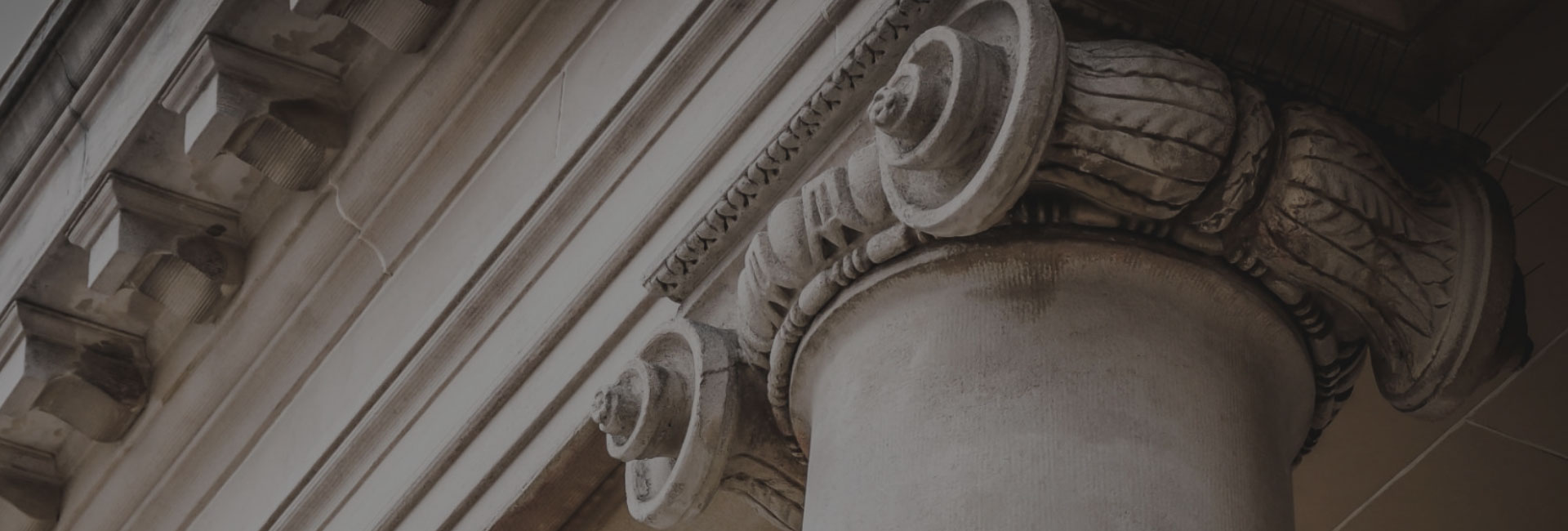
New Jersey Mortgagee In Possession Issues
By: Ashleigh Marin, Esq.
Strapped for cash while years-old foreclosure cases languish in the New Jersey Court system, Homeowner and Condominium Associations are using a new legal tactic to try to shake down foreclosing lenders for monthly association dues. Associations have started to file actions in the Special Civil Division (Small Claims Court) claiming that a lender becomes a mortgagee in possession once they secure and winterize a vacant property. At first, many lenders were willing to quickly settle these cases given the low dollar amount being demanded and the cost associated with ligation, but that has only led to more and more of these cases being filed.
Several different community association firms are filing these causes of action and each take a slightly-different approach, but typically they are raising claims of Breach of Contract, unjust enrichment quantum meriut, and conversion. At this time, the trial courts across New Jersey are divided in their rulings—some are willing to find that a mortgagee does become a mortgagee in possession by securing its collateral, but other Judges are more sympathetic to the lenders and dismiss these causes of action. As there is no controlling case law on point and the trial courts are divided in their rulings, this issue will ultimately need to be decided by the Appellate Division.
Associations are taking the position that a lender’s actions in winterizing and securing the property amount to a lender taking possession of the property, however this is simply not true. A mortgagee does not become a mortgagee in possession by taking minimal steps afforded to it under the terms of mortgage to protect its collateral by securing it from damage. Changing the locks to deter unwanted individuals from entering the abandoned unit or winterizing the unit to prevent the pipes from freezing are all actions that simply secure the property from further damage. Associations, too, benefit from a lender’s efforts to secure or winterize the property. If the unit were left unsecure, individuals could enter the unit and create a negative impact on the community as whole. The unit may be stripped of piping and other fixtures, individuals could use the property to conduct illegal activity, or the pipes could freeze and burst which would not only impact the unit in question, but other adjoining units as well.
Taking such preventative measures does not amount to a lender exercising dominion or control over the mortgaged premises. Indeed, if the mortgagor, the rightful owner of the property, appeared at the unit today, they would be entirely within their rights to enter the property, to rent the property, or to once again occupy the property without permission from the lender or anyone else. The mortgagor is the one legally entitled to occupy and possess the property, not the mortgagee.
Hopefully, this issue will be taken up to the Appellate Division in the next few months, providing some much needed clarification. Win or lose, at least the lenders and associations will have a clear understanding of a lender’s role during the foreclosure process.
Fein, Such, Kahn & Shepard, PC is general practice law firm of more than 50+ attorneys serving clients in New Jersey and New York. For over 25 years the firm has offered innovative solutions to business and individuals in the areas of asset protection business planning, civil litigation, creditor representation in the areas of foreclosure, bankruptcy and collections, elder law, family law, personal injury, tax, and trusts and estates. For more information, go to www.feinsuch.com.
For more information about the content of this article or the services provided by our Creditors’ Rights Department, please contact Eric Kapnick, Esq. or Nicholas Canova, Esq.
This Article does not constitute legal advice nor create an attorney-client relationship.
© Fein, Such, Kahn & Shepard, P.C., all rights reserved. Permission is granted to reproduce and redistribute this article so long as (i) the entire article, including all headings and the copyright notice are included in the reproduction, and (ii) no fee or other charge is imposed.






